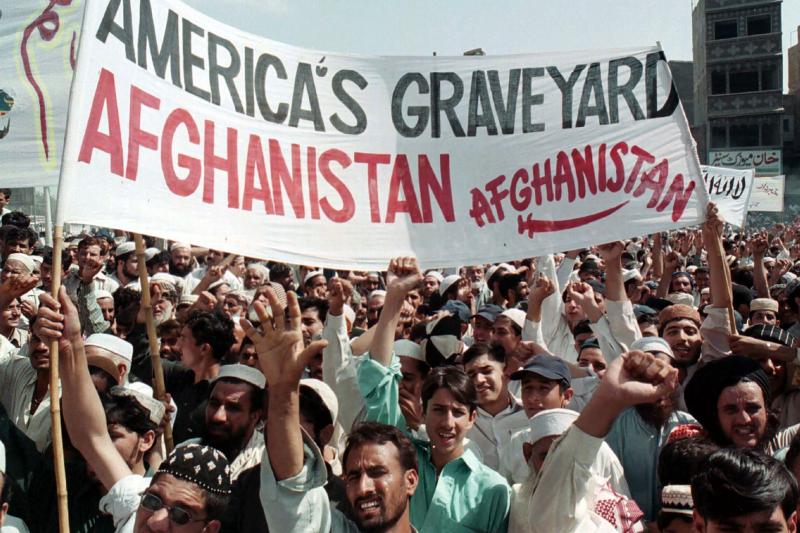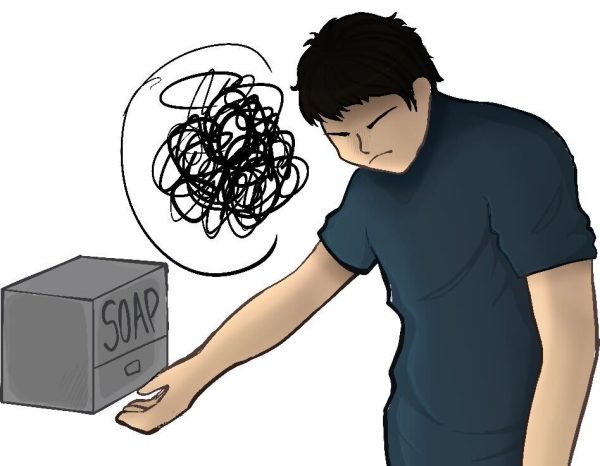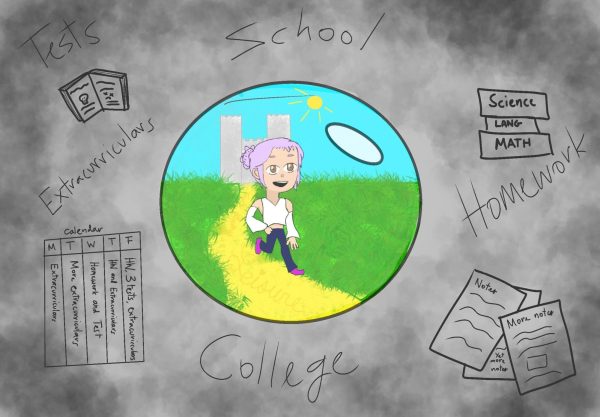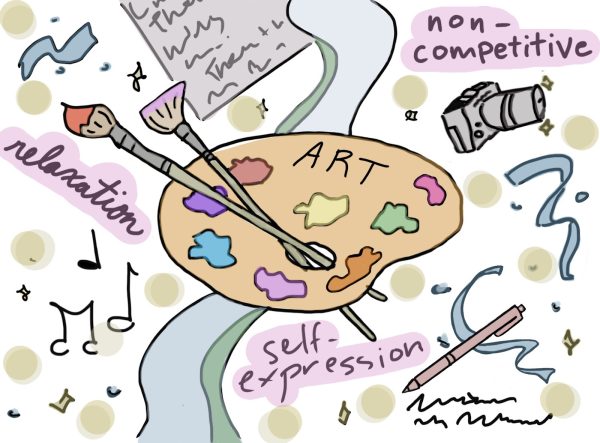Military intervention in Afghanistan: the negative impact and what was left behind
Since the end of the Cold War, military intervention has been an integral part of American foreign policy. From the Persian Gulf War to the airstrikes against Iraq, the U.S. has played a large role in international conflicts. The extent of U.S. foreign involvement has ranged from scale to motive, but the one thing that all of these interventions have in common is the overarching negative economic, social, and political effect.
In military interventions, there is a steep price for temporary stability. Since 2001, when the U.S. invaded Afghanistan, there have been over 47,000 civilians killed, according to AP News. These are all direct deaths from gunfire and bombs which have also left thousands more injured.
Attempts of regime change, let alone conversion and adhesion to democratic values is rarely the outcome from military force, according to the Belfer Center for Harvard Kennedy School. Meaning that the billions of dollars that the U.S. has spent on invading countries and influencing foreign governments has been for nothing.

When leaders spurred from the ashes of a government overthrow are brought by foreign intervention, these leaders are more likely to be dependent on external support. And these leaders are also likely to regress and consolidate their own power.
An investigation regarding the reconstruction of Afghanistan revealed that one of former Afghanistan President Hamid Karazi’s aides was not only soliciting a bribe to block a corruption investigation, but was also on the CIA’s payroll, according to NBC News.
And following this discovery, millions in cash as per the CIA was transferred to Afghanistan’s inner circle of corrupt politicians to guarantee the CIA’s influence in the Afghan government, according to Reuters. The U.S. had been partaking in destabilizing the Afghan government by paying off dishonest politicians.
On Feb. 29, 2020, the Trump Administration negotiated a deal with the Taliban promising the removal of American troops in Afghanistan as well as releasing of over 5,000 Taliban members from jail. By late 2020, the presence of American troops in Afghanistan had been the lowest it’s been since 2001. The U.S. left Afghanistan, a country that is dependent on external resources and protection, alone with the Taliban, a growing terrorist organization.
On August 6, the Taliban took control of their first Afghan province, abandoning their treaty with the U.S. And by August 15, Afghanistan had, as predicted, fully succumbed to the Taliban.
Although the removal of American troops had led to the direct downfall of Afghanistan, it was the original presence of these troops which ultimately led to the unstable government toppling.
Since the U.S. intervened, all we’ve done for Afghanistan is harm thousands of innocent civilians and fuel and support a corrupt government and politicians. This destabilization of Afghanistan means that although the U.S. was the main reason why the Taliban did not attack sooner, it was the U.S.’s initial involvement that is the reason why the Taliban was able to grow to the size that it is today.
After the attacks on Sept. 11, 2001, the U.S. along with its various allies led an attack on the Taliban. And as the Taliban toppled, the American troops in Afghanistan grew. This heightened American presence made Afghans feel as though they were just another ploy in corruption by political leaders. So while the world thought that Afghanistan was developing into a Westernized democracy—no thanks to the U.S.— the Taliban began to regain support in 2003 when the U.S. began to shift their attention to the Iraq War.
The destruction of Afghan villages and government corruption enabled by the U.S. led Afghan citizens into the arms of the Taliban, according to the Carnegie Endowment for International Peace. Because the people comprising the Taliban are oftentimes citizens looking to create a more stable government, so there is no treaty, amount of bribery, nor size of military force that can be used to fully dissolve the Taliban.
These citizens who join the Taliban out of desperation just want a good life for their family. So if provided with money, a stable job, and food, many of these citizens wouldn’t have the desperation to join the Taliban.
So instead of wasting over $2 trillion on surveying and carrying out drone campaigns on innocent civilians, the U.S. should allocate that money into actually helping the citizens.
The wasted money that was spent on the brute military force has subsequently allowed for the Taliban to successfully take control over Afghanistan. Since then, the Taliban revealed their all-male interim government. This only heightens the uncertain future for Afghan women, as the Taliban have historically ruled over them with an iron fist by severely restricting their rights. The Taliban have since then released a statement claiming that despite their oppressive history, they will protect the rights of minorities, as well as ensure the continuation of general education. But only time will tell what happens to the citizens of Afghanistan.
But as of now, one in three Afghans don’t know when their next meal is going to come. And as winter nears, over one million Afghan children face the risk of starvation. Since the Taliban took over, the poverty rate has skyrocketed with public services essentially collapsing, according to The New York Times.
The U.S. has promised to send $64 million in humanitarian aid to Afghanistan. But prior to the removal of military troops, the U.S. was spending upwards of $300 million a day on the Afghanistan War, according to The Hill.
This aid covers 10% of the UN’s initial flash appeal for Afghanistan, and this now $1 billion request would assist the 10 million children that rely on humanitarian aid, the millions of displaced Afghan citizens, and provide basic services like hospital access and resources.
The next time that the U.S. is presented with the opportunity to support a foreign nation, we shouldn’t spend millions of taxpayer dollars on killing innocent civilians and destabilizing governments, but allocate money and aid into assisting the people.










